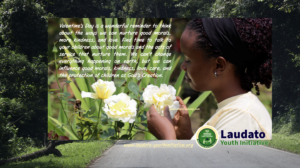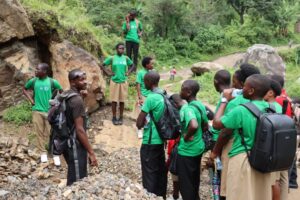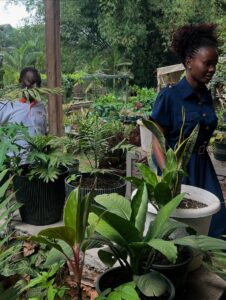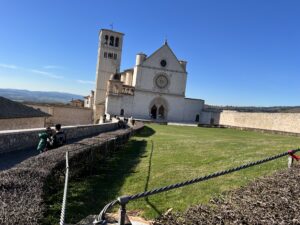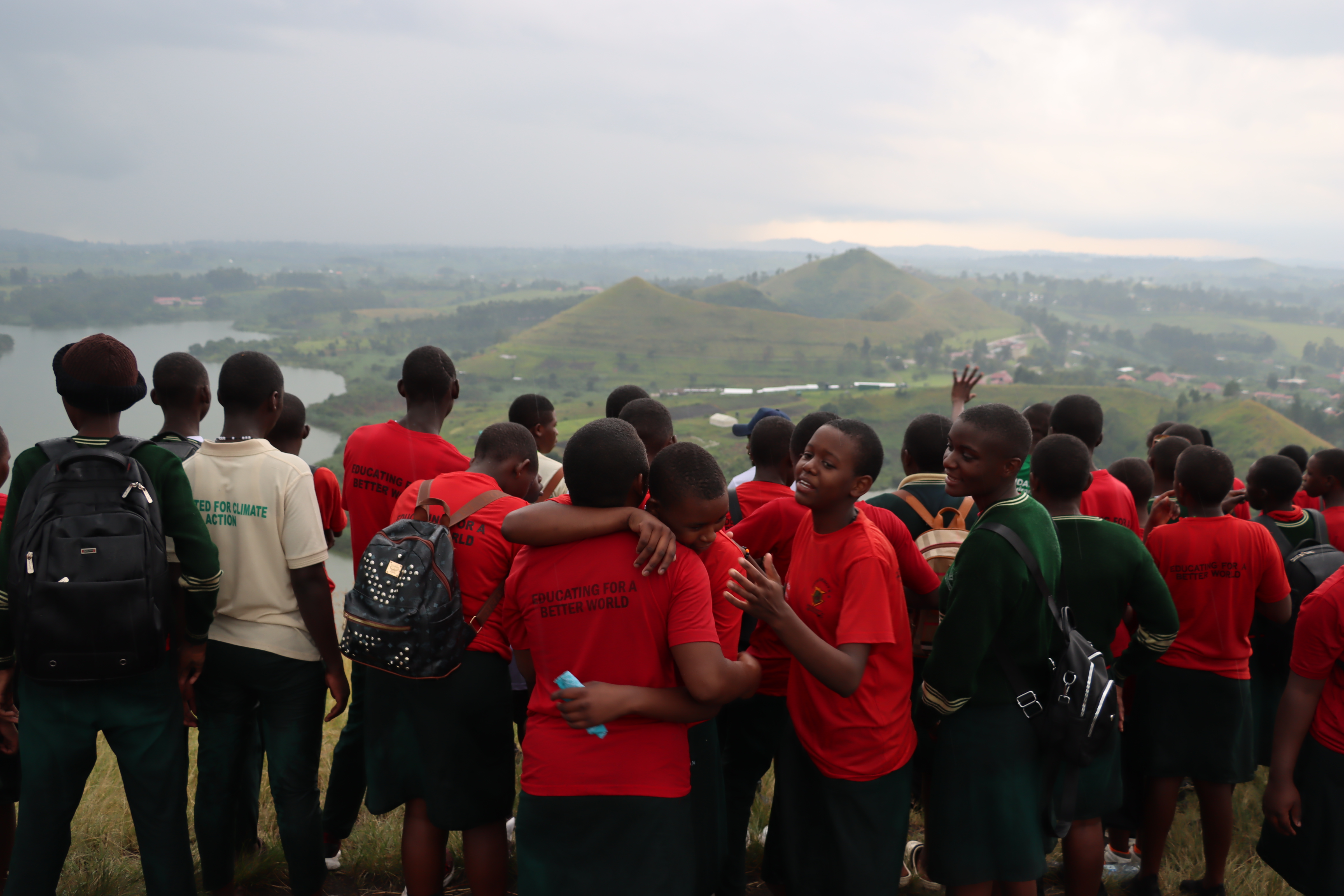Conferences present edifying platforms for intellectual nourishments as certain things which seem known and obvious to us sound new when demonstrated differently by other people. Such was my experience at the recently held interfaith conference on environment and climate held at St. Dennis Ssebugwawo Parish – Lukuli, a catholic parish run by the Congregation of Holy Cross in Uganda. The conference attracted about twenty leaders from different faith communities, including Christians and Baha’i involved in various environmental activities who gathered to share ideas on topical themes: moral imperatives of environmental stewardship; climate change impact and vulnerabilities; sustainable practices and eco-spirituality and discourse on Laudato Si’, which Pope Francis’ master thesis on care for the environmental care. In these lines, I share three key reflections from the roundtable discussions held at the conference.
First, the keynote speaker set the stage for the discussion by paining on interesting picture of climate change effects experienced in Uganda and other parts of Africa. The overly shrunk natural food basket in many African homesteads, where the impact is more biased towards rural dwellers than their urban counterparts, is one of the most glaring, and yet inadequately highlighted reality of climate change. Food insecurity in regard to climate change effects is usually understood as a situation of inadequate food for people to eat whereby they may not even know where their next meal will come from. However, this conference delved further into the selection of natural foods served in many Ugandan families, which has gradually dwindled. This is principally because parallel to many parts of Africa, Uganda is largely an agro-based country where over 70% of the population are involved in small-scale agriculture largely for subsistence purposes. The deficit of natural foods is compensated with processed foods, which are more accessible and affordable to urban dwellers.
Second, we are in the “age of transition towards a world society” characterized by rapid scientific and technological advancement which have accelerated the destruction of biodiversity and environmental degradation. This transition is also marked by rapid digital evolution and “material civilization” which are driven and sustained by irrational tendencies towards consumerism that gravitate into individualism and disregard of moral principles: justice, fairness, equality and common good. As we discussed, it became clear to us that the age of transition is irreversible; hence the need for rational conversations on issues such as climate justice, resilience and adaptability which should be designed to uphold human dignity of all, with preferential option for the poor and marginalized who are most vulnerable to the adverse effects of climate change. However, over and above upholding faith-based values and mores, faith leaders need to take a leap and interest themselves in the politico-economic conversations on climate and environmental issues in order to advocate for the concerns of the most vulnerable at the seat of decision-making.
Way forward:
The ancient-Greek philosopher, Heraclitus is well known for his dictum: “There is nothing permanent except change.” Climate is defined as the general weather conditions of a specific area over a long period to time; and by its nature, these weather conditions undergo changes caused by various factors. In other words, the concern of this conference and a multitude of other fora is to address the rate of climate change amidst global forces driving the age of transition. We discussed various practical ways that we can adopt to address the rate of climate change:
- Environmental education targeting learners in schools and colleges. St. Augustine was convinced that the most efficient way of driving social change is through education rather than litany of commands and threats. Educating young people about the significance of the environment and the human interconnectedness and dependence on it for survival with the objective of luring them into developing love and respect for nature are critical. Laudato Youth Initiative is a tested approach to environmental education where learners and other groups of youth form clubs in their schools/colleges and parishes through which they plant indigenous and fruit trees; and conduct climate debates to share experiences on creative and innovative ways of practicing the 3Rs: reduce, re-use and recycle. Young people share ideas on questions such as: (1) how can we develop and innovate things with minimal wastage? (2) How can we find beneficial use of waste material? (3) What are the least harmful ways of disposing off waste?
- Mindset change: Pope Francis exhorts for lifestyle change in the way we interact with the environment, which he prefers to call our common home. These changes should be aimed at challenging our habits which are detrimental to nature; and are most practically passed on through schools and family where children can be taught to be eco-conscious at a tender age. Put differently, the Pontiff suggests that we should individually adopt simple practices, which can collectively amount to great strides towards making our common home more habitable for us and the generations to come, which moral responsibility lies with this current generation (Laudato Si’, 212). What can we do? Car-pooling or use public transport where possible; switching off lights when not in use; sorting organic waste, reduce consumption by preparing food that will be served and finished and purchasing only what is needed to reduce disposal.
- Radical climatic action: some environmental challenges call for radical individual or collective actions from faith leaders at whichever level. For instance, one such issue that the conference highlighted was the persistent use of single-use plastic bags in spite of their glaring destruction, including public litter, blockage of water drainages, poor soil water absorption and health hazard to animals which can accidentally ingest the plastic bags. The conference advocated for enactment of the legislation to regulate use, production and importation of single-use plastic bags in Uganda. However, at their individual level, faith leaders should urge their networks to adopt bio-friendly shopping bags and shopping in bulk in order to reduce the amount of polythene bags carried, if necessary. By reducing the number of plastic bags carried while shopping, we shall collectively reduce the pressure mounted on the environment by single-use plastics; and probably challenge our political leaders to take necessary action.
Augustine Bahemuka – Research Editor









